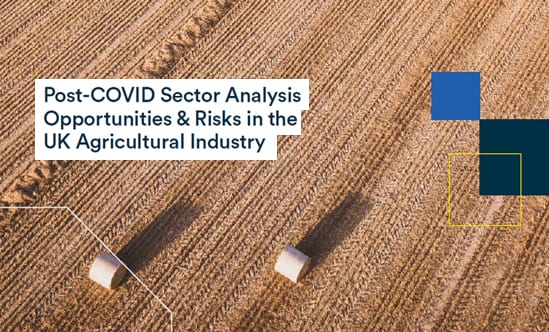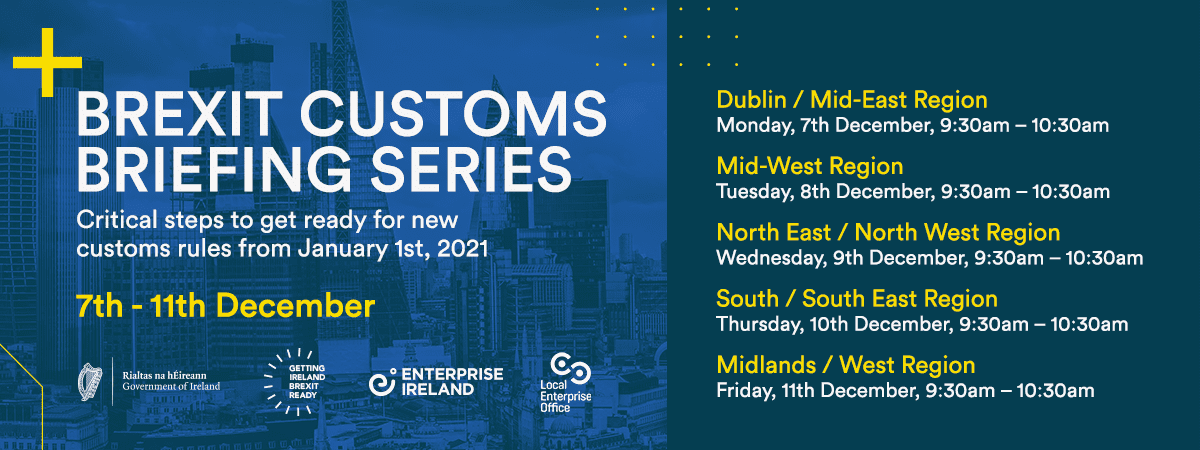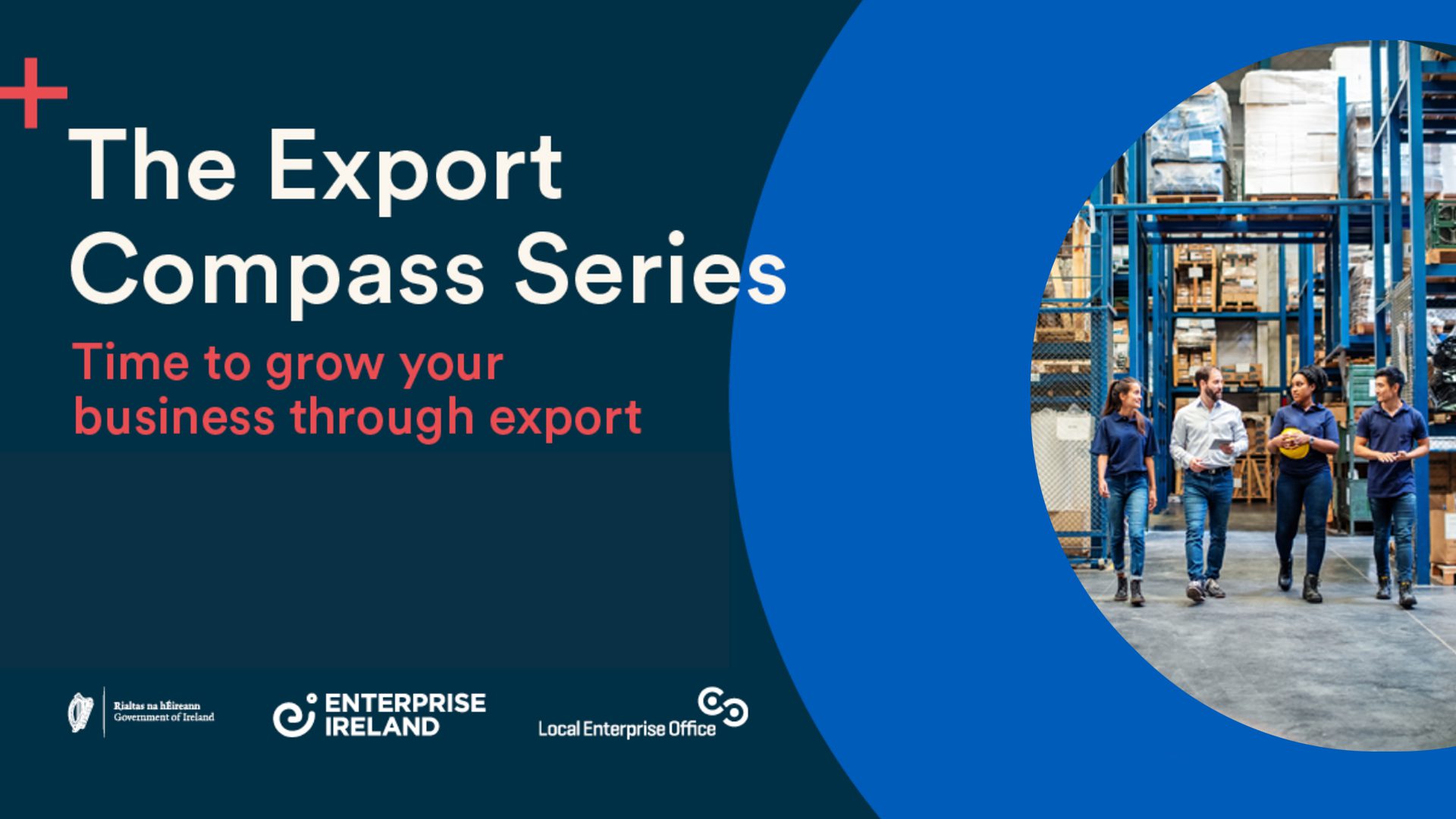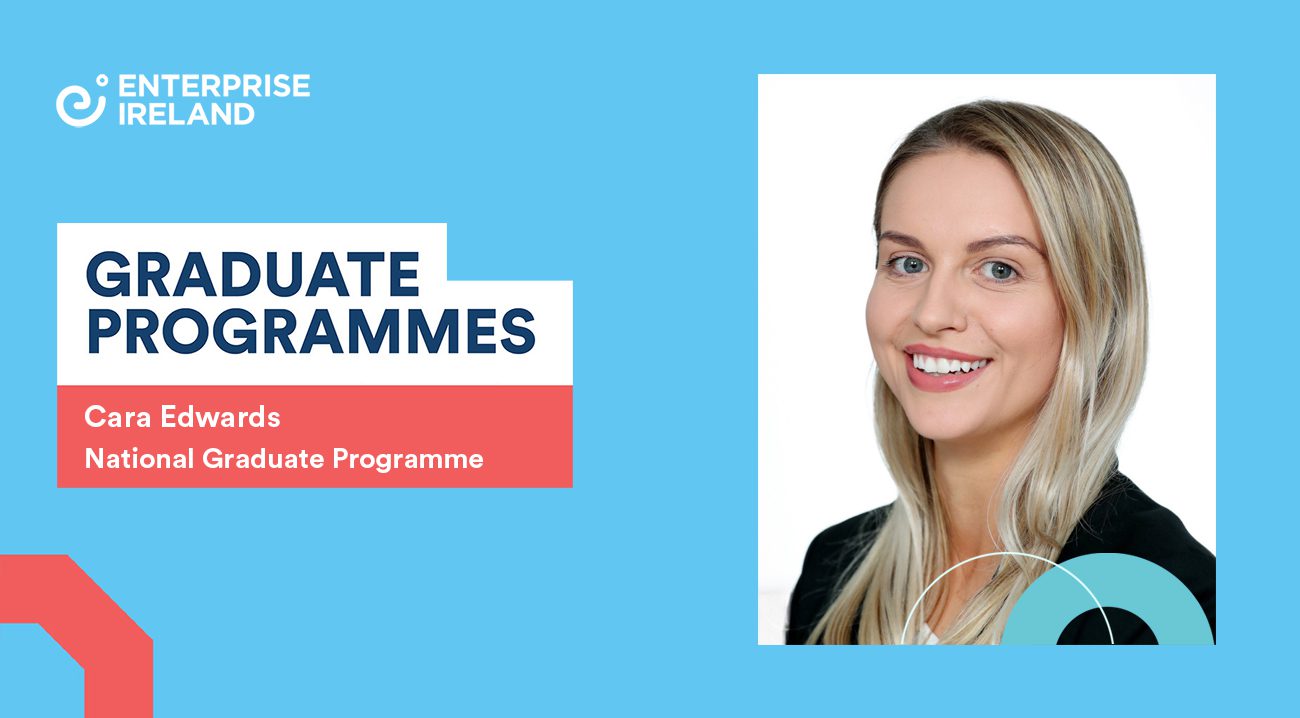Cybersecurity solutions that address new and emerging threats
The Covid-19 pandemic saw a rapid shift for many to virtual ways of doing work – and the recognition – finally – that remote and hybrid working is a very viable possibility in many industries. And, that offering flexible ways of working can actually give companies an edge when it comes to attracting talent. Unfortunately, however, with more flexibility comes a very real problem – the increased risk of cybercrime and cyberattacks. And the need for effective cybersecurity solutions is becoming more urgent by the day.
According to a study by McKinsey & Co, only 16% of executives felt that their organisations are well prepared to deal with cyber risk. Plus, the United Nations has warned that cybercrime increased by nearly 600% during the pandemic.
“Globally, there has never been a more challenging time for organisations in relation to cybersecurity,” says Pat O’Grady, Senior Business Advisor and Global Lead for Cybersecurity at Enterprise Ireland. “A higher level of cyber threats and attacks, security challenges linked to remote working, and increasingly sophisticated attacks on personal accounts have all put systems under immense pressure.”
Irish cybersecurity solutions
Ireland has long been a leader in technology innovation, with our advances in medtech, agritech, fintech and more in high demand across the globe. So it comes as no surprise that an increasing number of ambitious Irish companies is coming up with some very clever solutions to cybercrime. As an example, Cork-based Velona Systems has developed a solution that protects large call centres in the US against brute force call spam attacks, ghost calling and robocalling, a growing challenge in this sector.
Velona is just an example of our strength in the area, which is highlighted in the Enterprise Ireland Cybersecurity Innovation Series 2021, which this year is titled ‘Creating Innovative Solutions to New and Emerging Threats’. Taking place over six separate events in November and December, covering different world regions, the series features talks by leading cybersecurity experts, pitches by innovative Enterprise Ireland client companies, and opportunities for individual client-buyer meetings.
“All the participating Irish companies have identified the most urgent areas within cybersecurity and come up with intelligent solutions that potentially have a worldwide customer base,” says Pat. “For instance, one of the biggest issues now is the sharp rise in phishing emails. Cyber Risk Aware is an Irish business offering learning platforms that can build training programmes within Microsoft Office 365 to raise staff awareness regarding phishing and teach them how to spot a dangerous email. The company also offers a phishing simulation platform, which can build email templates and schedule simulation campaigns to test the level of awareness within the organisation and to offer additional focused learning for staff when required.”
Like all good responses to security threats, many solutions are based on prevention rather than cure – and with the cost of cyber crime rising sharply as the attacks get more sophisticated, this is sure to be a massive area of growth. “EdgeScan is leading the way in pen testing, or vulnerability scanning,” says Pat. “This includes scanning company IPs or carrying out pen tests on company websites or client portals to find any potential weaknesses – therefore stopping the threat before it happens.”
Remote working challenges
With remote and hybrid working looking likely to stay in the long term, many companies are looking for ways to boost their security with staff working on devices away from the office and even out on the road. “Remote working has brought with it many challenges; one issue is providing the same amount of security as in the office,” says Pat. “Web and email filtering identifies new malware sites and can block specific categories of websites, such as gambling sites. Galway-based TitanHQ offers advanced solutions for this issue, currently helping businesses in over 120 countries.”
A big issue for companies is our increasing reliance on mobile phones for work purposes – now a company has to look into protecting these as well as laptops and computers. “Many companies have introduced a controlled ‘Bring Your Own Device’, or BYOD, policy in which company apps are locked down or secured on the device, while others have restricted access to only corporate devices to allow for full control. And yes, there’s an Irish company involved in this area too: CWSI are experts in the field of mobile device management and offer guidance on both policy and the technical aspects of managing devices.”
It’s clear that Irish companies are leading the way in cybersecurity solutions. Many companies are finding it difficult to acquire and retain staff with skills in the areas of compliance, ISO certification, incident response, forensics and investigations – and, as Pat explains, there are several Irish companies in a great position to help. “Irish innovators such as Integrity360, SmartTech 24/7, Kontex and Evros are providing a solution to this issue by providing expert security consultant services. These companies’ Security Operations Centre (SOC service) offers uninterrupted monitoring of their clients‘ IT networks.”

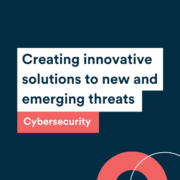

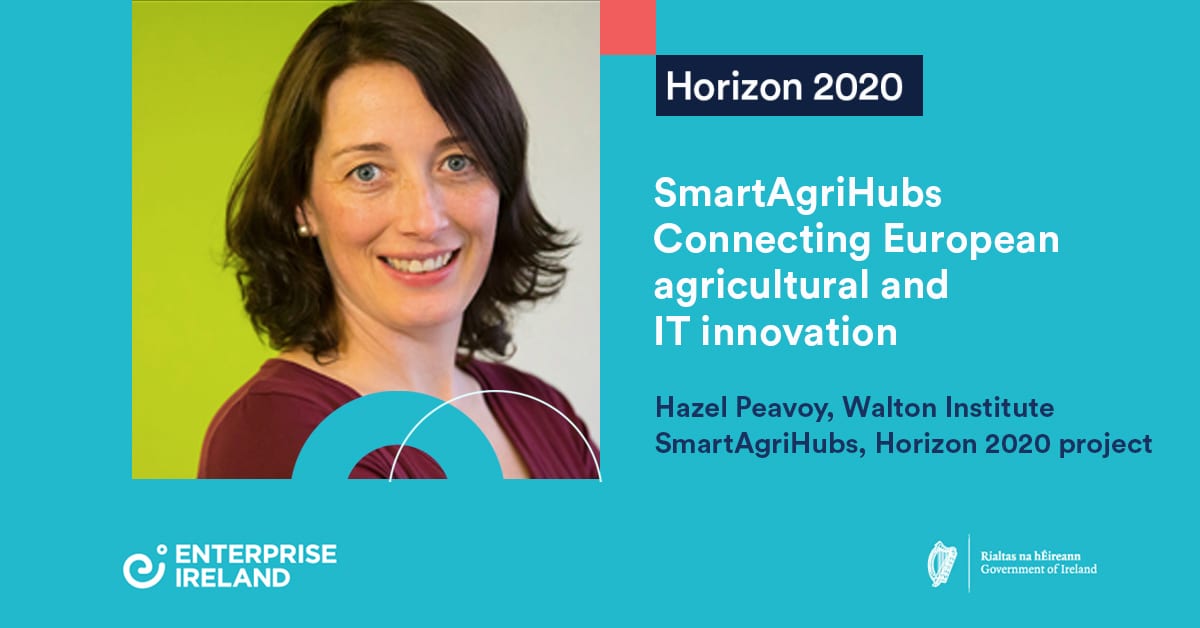


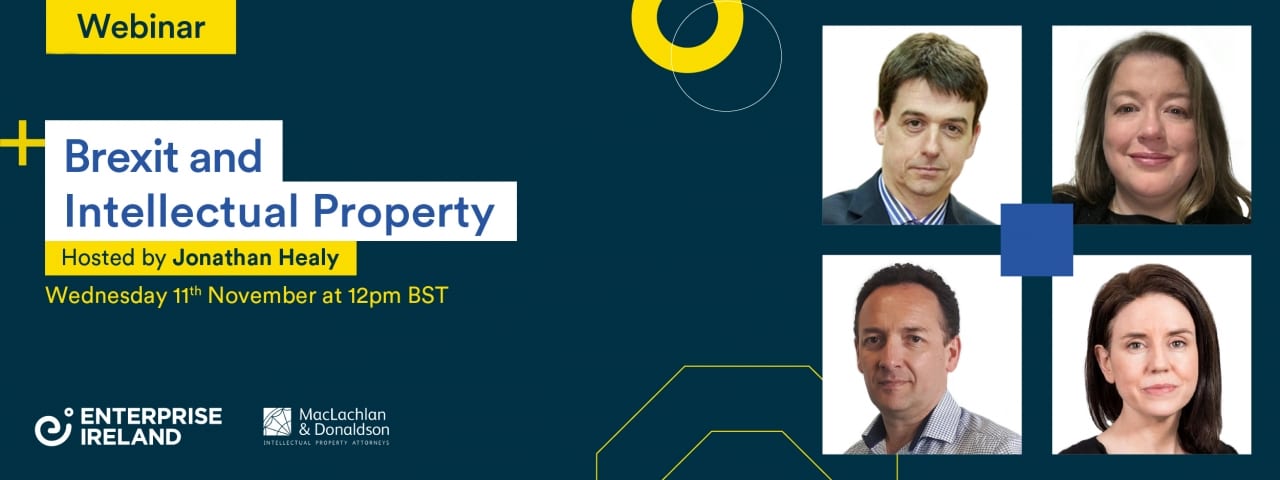 The UK’s decision to leave the EU will impact many aspects of business including Intellectual Property Rights (IPR).
The UK’s decision to leave the EU will impact many aspects of business including Intellectual Property Rights (IPR).
